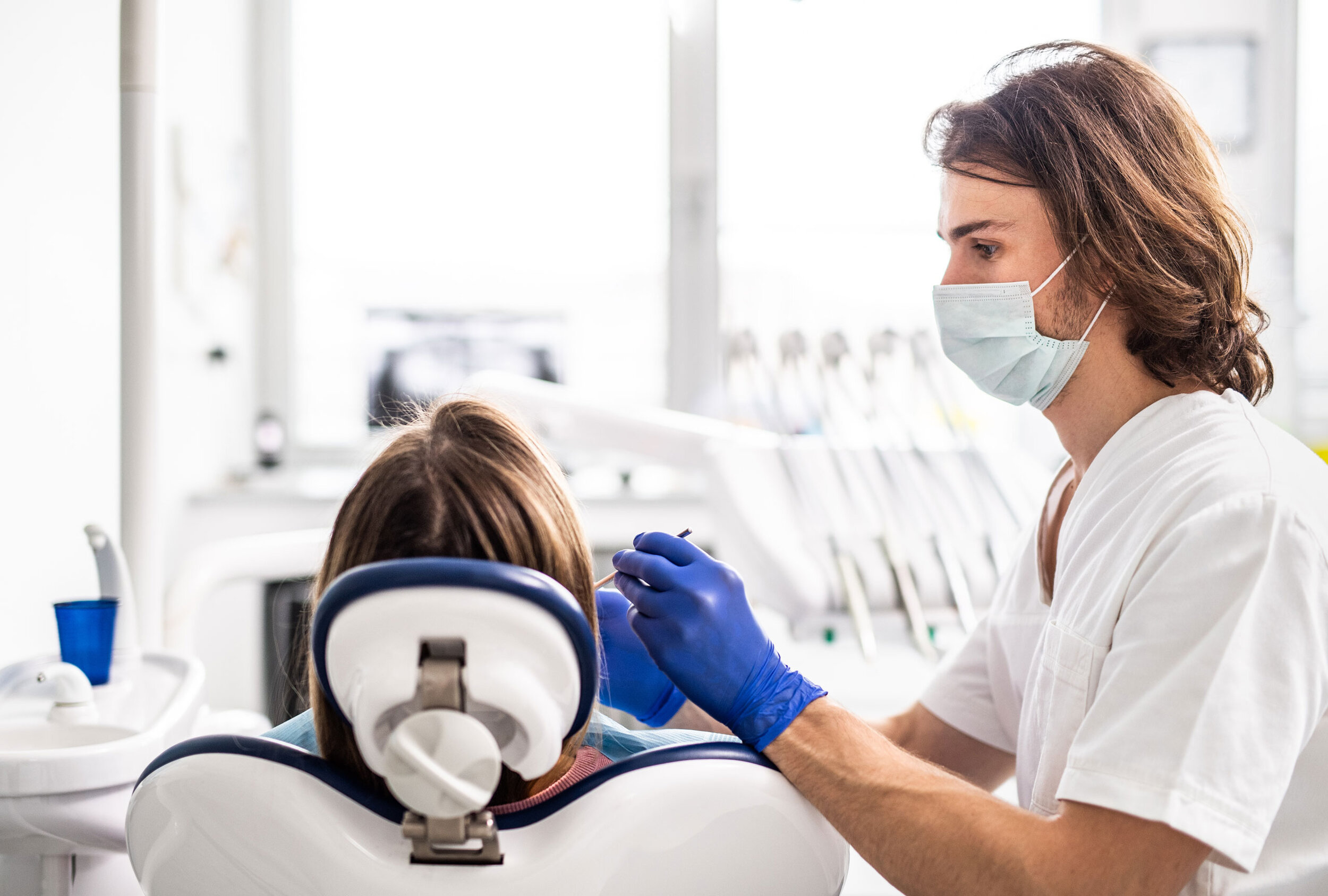
treatments
Phobic Sedation
Allow us to remove your dental anxieties
Most patients develop their dental phobia due to a previous negative encounter, whilst receiving dental treatments. For these patients, sedation makes visiting the dentist a much more pleasant experience. Sedation also enables the dentist to carry out treatment safe in the knowledge that all patients are at ease, and ready to have brighter smiles!
We believe that everybody’s entitled to a healthy mouth and a beautiful smile. This is why we aim to help phobic/nervous patients achieve these goals.
Our promise
Here at Clarendons, it’s imperative to us that you receive a premium dental care experience.
Please have a look at our Anxious Patient Plan to give yourself an idea of how simple the process really is!
Our dental sedation dentists in Leeds are fully trained and have vast experience in treating anxious patients, in both general practice and in a hospital setting. For example, our sedation dentists:
Have Advanced Training (Diploma in Dental Sedation)
Are part of The Society for the Advancement of Anaesthesia in Dentistry (SAAD).
Are also taking referrals from fellow dentists throughout Yorkshire, to treat many of their anxious and dental phobic patients under dental sedation.

We offer the following sedation methods to help phobic patients
Intravenous (IV) Sedation
This is a method where a safe and effective drug (Midazolam) is used to provide patients a warm and relaxed state. This then allows any necessary treatment to be carried out.
Your dentist will assess you prior to this procedure to see if you are suitable for this. This will include a measurement of your blood oxygen levels, blood pressure and pulse etc. All this is done using our non-invasive painless monitoring devices.
During the procedure we will continually monitor your blood pressure, oxygen levels, heart readings and pulse, using monitoring equipment seen in hospitals.
All patients are also given an anaesthetic cream which is placed over their skin where the cannula (needle) is to be placed. This makes the start of the procedure comfortable as possible.
Inhalation Sedation
This is a light form of sedation, that’s breathed in as it’s a sedative gas. You’ll feel dizzy/light-headed to start off, however it’s extremely safe and a great option for anxious patients.
Oral Sedation
This is a sedative drug taken orally, typically in the form of a tablet or liquid. It relaxes you, and helps you to feel at ease.
Phobic Sedation
Key facts to remember
You can benefit from sedation even if you don’t suffer from dental anxiety!
It’s not the case that only phobic patients reap benefits from receiving sedation, because there are other advantages that sedation provides. One such example is patients who have a strong gag reflex, which is something quite a few patients may struggle with. With sedation however, this gag reflex can be diminished and make dental treatments far more relaxing.
You’ll need someone to drive you home
One of the effects of having sedation is drowsiness and a state of relaxation. The only type of sedation where you can drive to the practice is nitrous oxide sedation,
so for the other types of sedation, you aren’t able to return home without having someone escort you. Once you’ve been returned home, the best thing to do is to take it easy! After you’ve rested, the next morning you’ll be back to normal and feeling yourself again.
You may be asked to take medication before your appointment
It’s likely if you’re having Oral or IV sedation, that your dentist will prescribe medication for you to take the night before your treatment. This is all a measure taken to ensure a relaxing and comfortable dental experience!
FAQ’s
Who can need sedation dentistry?
No one really needs sedation dentistry, but some nervous patients may prefer sedation dentistry. Patients who may be phobic to needles and anxious patients can benefit from sedation dentistry, as it prevents them from avoiding the dentist altogether! Many of our patients benefit extremely from our sedation services, and it’s allowed them to have a far more positive experience at the dentist.
What types of sedation are there?
You can choose from inhalation sedation, oral sedation or IV sedation
Will I sleep when I am sedated?
No. Unlike with a general anaesthetic, you’ll be conscious when sedated at the dentist. However, the level of sedation achieved depends on the type of sedation you choose. IV sedation will give the fastest and deepest sedation. Whichever method you choose, you will feel relaxed and not bothered by what the dentist is doing.
Why do people use sedation?
Some people may be phobic or anxious upon their visit to the dentist. Some patients may also have severe gag reflexes, and such patients can also benefit from sedation as it will reduce or diminish the gag reflex.
Will I be fully alert after my appointment?
No, depending on what type of sedation you choose, you will not recover fully by the time you leave the practice. Therefore, you should not plan to drive for the rest of the day, and you should organise for a responsible adult to escort you to and from the dentist’s.
Who cannot have sedation?
Some disease and conditions may contradict the use of sedation in dentistry. Those can include, pregnancy, alcohol intoxication, kidney/liver failures, certain drugs and sleep apnoea. Your dentist will ensure that you're fit and able, before they agree to offering you sedation.
How safe is sedation dentistry?
It’s very safe. Statistically it is safer than local anaesthetics. Rest assured, our fully qualified and trained dentists will monitor you throughout the dental procedure, and ensure that matters are running smoothly.
Start your journey with Clarendons
For all other private treatments please click here
For Phobic Sedation treatments please complete the form below.
